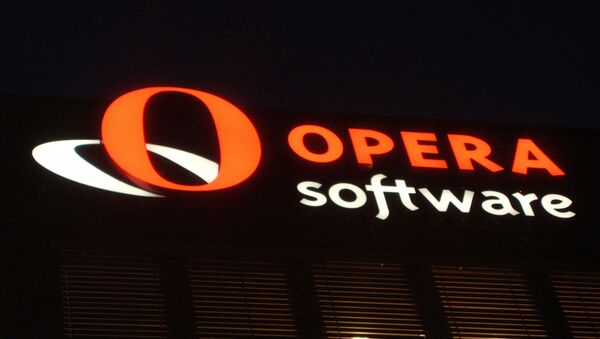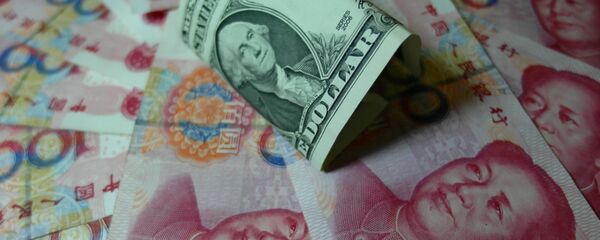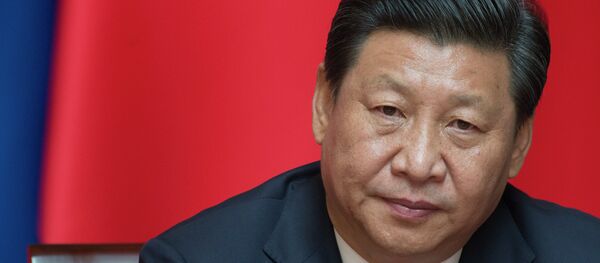“The acquisition of Opera is an audacious attempt to shatter the monopoly of the internet trendsetters and broaden its control over cyberspace,” he stated.
One can see that China is now in a rush to acquire online assets, which could one way or another ensure its global dominance, Masalovich added.
And the world-class Opera browser is one of these assets, he suggested.
The expert also explained that the browser itself is less important than two of its components. The first one is the worldwide audience of the browser, which gives China influence over millions of active users globally.
Masalovich says that one can only take off their hat to China, which is becoming the world leader of the 21st century.
The Chinese bidders, including security-software firm Qihoo 360 Technology Co. and online-game company Beijing Kunlun Tech Co. on Wednesday offered to acquire Opera shares for $1.2 billion in cash. Members of the Chinese consortium also include private-equity firm Golden Brick Silk Road Fund Management (Shenzhen) LLP, and Yonglian (Yinchuan) Investment Co.
Opera apparently believes that its products will get a boost from the Chinese user base of Qihoo and Kunlun as well as access to finance and other means of support that the consortium can offer, which is banking on cross-selling their products and services to Opera's user base, taking advantage of Opera's mobile advertising platform.
Vladislav Belov, an expert from the Institute of Europe of Russia’s Academy of Sciences told Sputnik that Chinese companies, as a rule, “save the face” of an acquired company.
“In practice, the Chinese companies prefer keeping the management and other assets unchanged, at least this applies to Europe, unlike some industries in Africa,” he said.
This is different to the American approach, which, after a merger will typically begin to regulate the production volumes of an acquired company within the framework of its own industry.
The proposed deal is the latest in a wave of outbound acquisitions by Chinese companies this year. Chinese firms have made more than $60 billion in takeover offers this year, including the state-owned China National Chemical Corp. agreement to acquire Swiss pesticide and seed company Syngenta AG for $43 billion.
For its part, Kunlun bought a 60% stake in gay-dating app Grindr LLC for $93 million in January.






